Liberals Set the Tone for Roma Integration at the Local Level
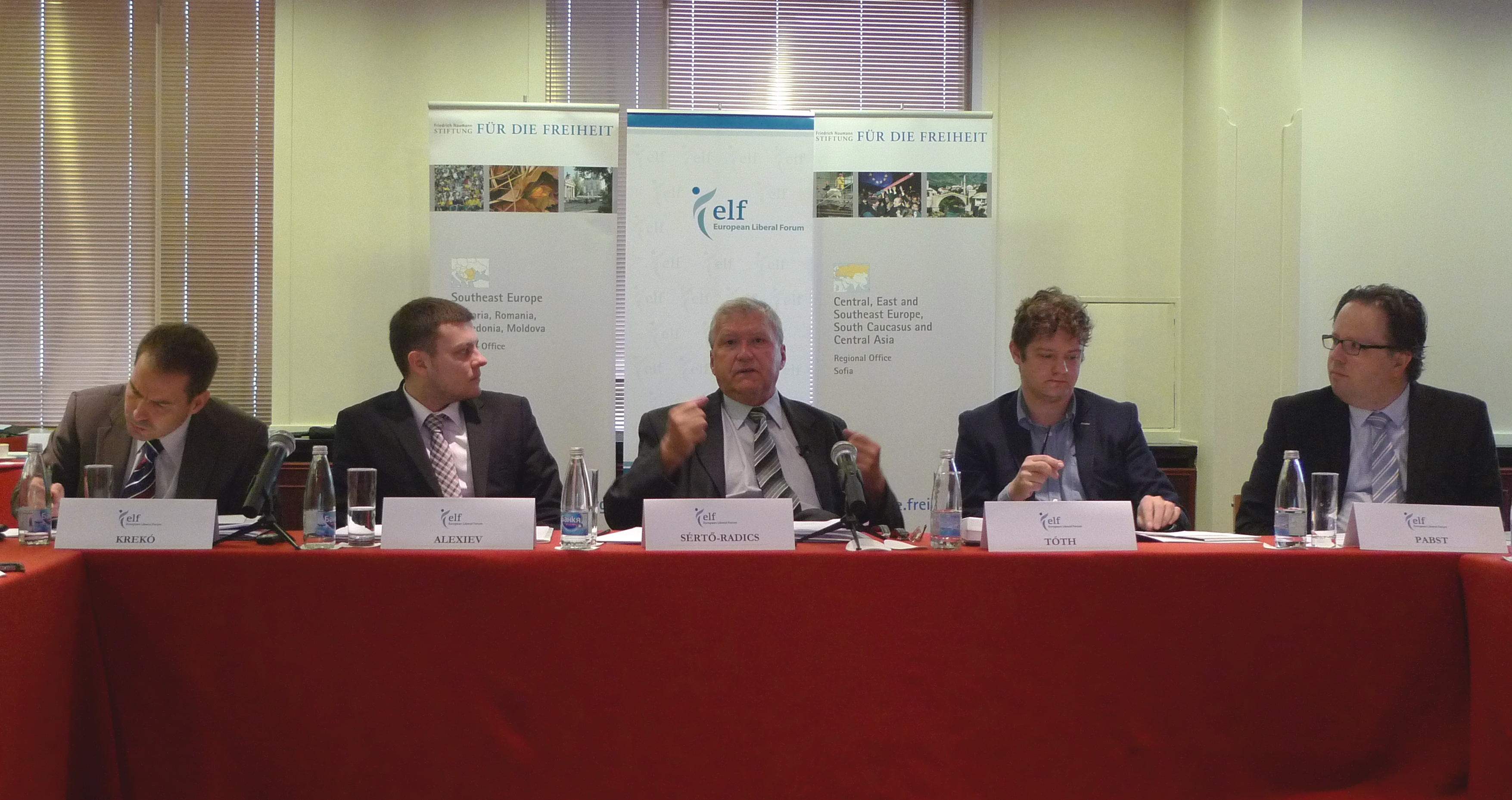
With an estimated number of 12 million people, the Roma are the largest ethnic non-state minority in Europe. Although they live in practically each European country, they are at the same time certainly also the least integrated and most despised minority. The largest number of victims of discrimination and the most serious problems resulting from a lack of integration are to be found in the countries of Central and Southeast Europe. Here, Roma often live in segregated areas outside cities and towns and they often don't even have access to basic services such as piped water.
In response to this problem, the European Liberal Forum and the Regional Office for East and Southeast Europe of the Friedrich Naumann Foundation for Freedom initiated a long-term project to support the integration of the Roma minority. Launched in 2012, it is based on liberal core values like freedom and responsibility.
The most important outcome of the project is a policy paper called "Integration of the Roma in Central and Southeast Europe: Liberal Policy Recommendations" presenting a set of specifically liberal positions, strategies and policies. The paper refers directly to the "EU framework for national strategies for Roma integration by 2020", adopted back in 2011, and identifies a total of 18 points, whose implementation should lead to adequate, feasible and sustainable Roma inclusion policies in Europe.
The European Liberal Forum and the Friedrich Naumann Foundation for Freedom would like to see this policy paper implemented on the ground. This is why they invited local politicians, NGO activists and representatives of Roma and non-Roma communities from Central and Southeast Europe to discuss how the liberal recommendations should be implemented at the local level.
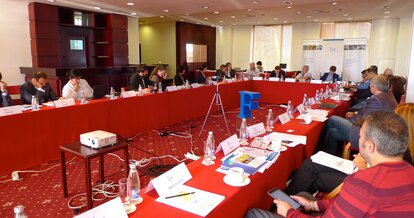
The workshop took place in late September in Sofia, Bulgaria. Participants from the Czech Republic, Hungary, Slovakia, Ukraine, Romania, Serbia and Bulgaria presented their own initiatives and projects that advance the integration of the Roma minority on site. In small groups, they also discussed the 18 liberal recommendations and their implementation in their respective countries. Furthermore, the workshop dealt with the problem areas and the negative experience that complicate the integration work at the local level.
Roma integration relates to a bunch of key issues, including human, civil and minority rights, rule of law, racism and discrimination, property rights, equality, right to education and the fundamental right to a decent life - all aspects that are central to Liberals and must be addressed. However, the integration efforts can only be successful if they are based on comprehensive policies that reflect the values of freedom and responsibility. This includes the important contribution and active efforts by the Roma minority itself in order to be successfully integrated, as it is also stressed in the Policy Paper.
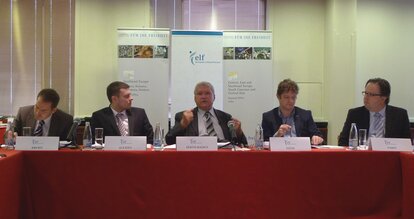
Memebers of the policy paper working group (left to right) Péter Krekó, Yavor Aleksiev, István Sértő-Radics, Csaba Tóth with facilitator Wulf Pabst.
During the workshop many examples and experiences of proactive own initiatives were presented:
Daniela Mihaylova (Bulgaria) is a lawyer and works in the field of minority rights and equal opportunities. As a member of the Equal Opportunities Initiative Association she supports the Roma in the Sofia district "Fakulteta" in the subsequent legalization of illegally constructed buildings and in helping young families with children with the day care center log-on procedure.
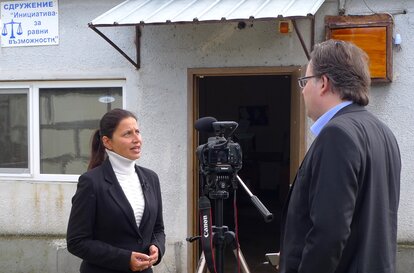
David Tiser (Czech Republic) is the first LGBT Roma activist in the Czech Republic. In 2012, he founded the Association ARA ART, which offers online consultations to gay people from the Roma minority and to their families.
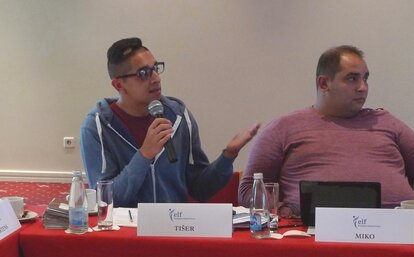
Participants left Sofia with a considerable number of ideas on how to put liberal proposals for Roma integration into practice at a local level. However, the successful integration of the Roma in Europe is a long-term goal. The liberal policy recommendations provide the essential application kit for its implementation.
Learn more about the project.
-
Intergration of the Roma Liberal Policy Recommendations